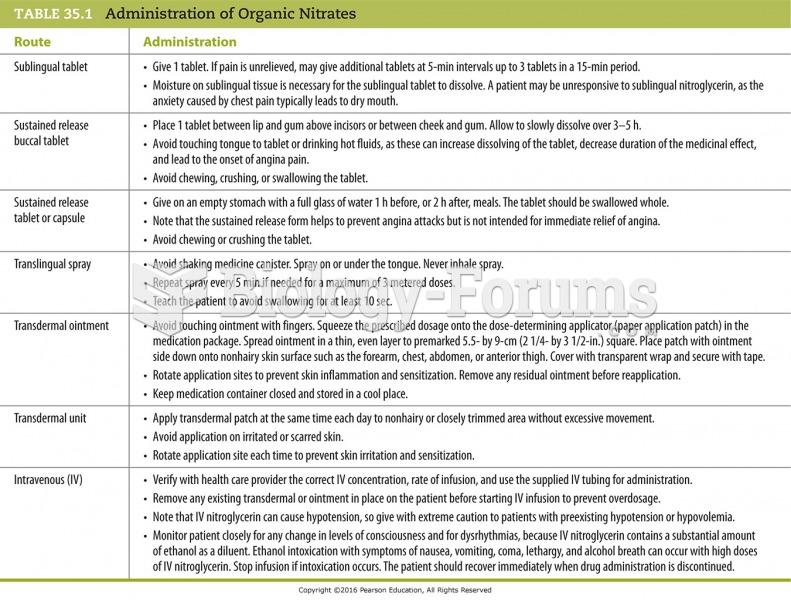Answer to Question 1
C
Answer to Question 2
The apostle Paul was one of the immediate followers of Jesus, who anticipated a Second Coming in which all who had followed Jesus would be delivered to the Kingdom of Heaven. Through his efforts, the message of Jesus gained widespread appeal. Following a mystical experience in which Jesus is said to have revealed himself to Paul, he became a passionate convert to the teachings of the preacher from Nazareth. Paul is generally believed to have written ten to fourteen of the twenty-seven books of the Christian Scriptures called by Christians the New Testament, to distinguish it from the Hebrew Bible, which they referred to as the Old Testament. Paul's most important contributions lie in his having universalized and systematically explained Jesus' message. While Jesus preached only to the Jews, Paul spread his teachings to the gentile (non-Jewish) communities of Greece, Asia Minor, and Rome, thus earning the title Apostle to the Gentiles. He stressed that the words of Jesus were directed not exclusively to Jews, but to non-Jews as well. Paul explained the messianic mission of Jesus and the reason for his death. He described Jesus as a living sacrifice who died for the sins of humankind, and, specifically, for the sin that had entered the world through Adam's defiance of God in the Garden of Eden. For Paul, the death of Jesus was the act of atonement that acquitted humankind of Original Sin. Where Adam's sin had condemned humankind, Jesusthe New Adamwould redeem humankind. His resurrection confirmed the promise of eternal salvation. By their faith in Jesus, promised Paul, the faithful would be rewarded with everlasting life.
Paul's focus on moral renewal and redemption would set Christianity apart from the mystery religions. So important was Paul's contribution to the foundations of the new faith that he has been called the co-founder of Christianity.







